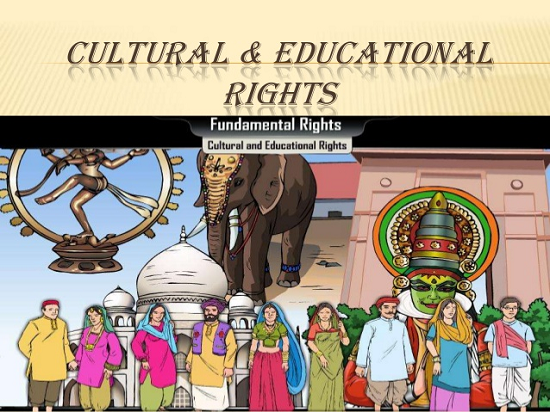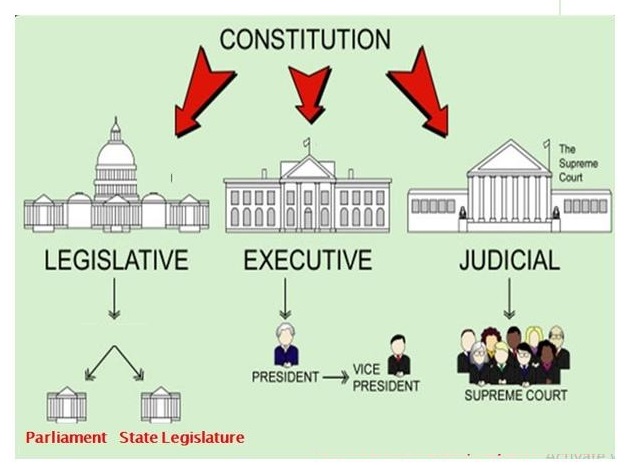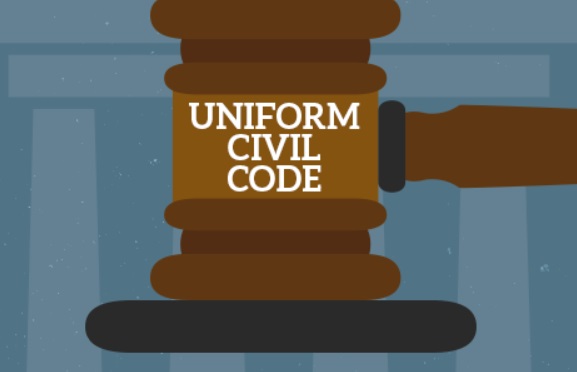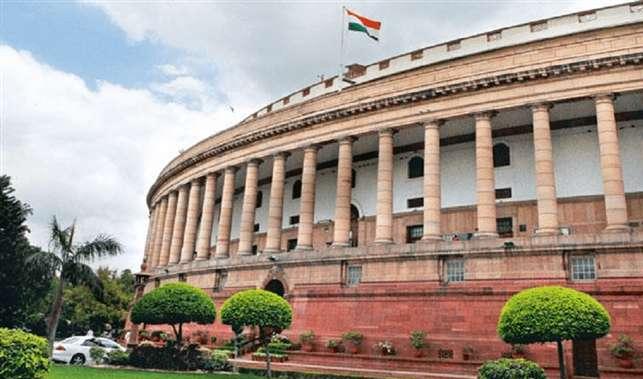Updated By: LatestGKGS Desk
Constitution Of India: Cultural and Educational rights

Constitution Of India: Cultural, Educational rights, Availability, Accessibility, Acceptability, And Adaptability,
Cultural and Educational rights: Preserve the right of any section of citizens to conserve their culture, language or script, and right of minorities to establish and administer educational institutions of their choice. Article 29 and Article 30 of the Indian constitution provides for cultural and educational rights.
Cultural rights would be those that allow you to practice your culture and heritage. It includes the right to freely practice and propagate your religion, or not to practice any religion, right to maintain monuments and heritage sites, right to educate the younger generations about their culture, to speak and teach your language etc.


